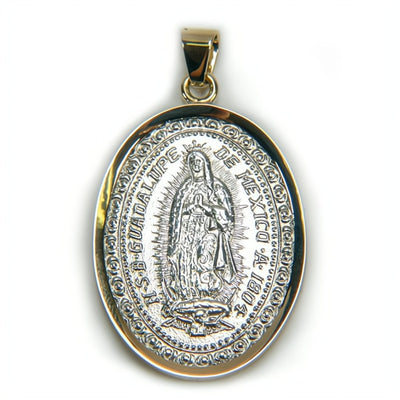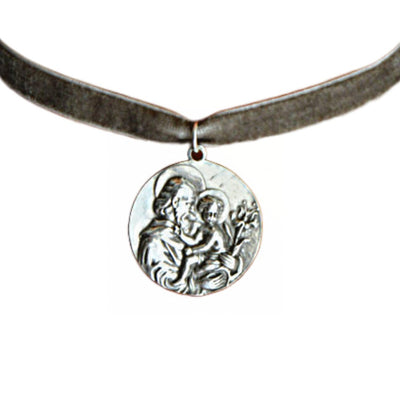Virgin Mary: Understanding Why She is Called Our Blessed Mother
The Virgin Mary is central to Christian theology and tradition, often referred to as our Blessed Mother. This title stems from profound theological and historical reasons, deeply rooted in her role within the Catholic faith.
Theological Significance of the Virgin Mary
Mother of God
The Virgin Mary is venerated as the Mother of God (Theotokos), a title that underscores her unique role in the Incarnation of Jesus Christ. As the mother of Jesus, who is both fully divine and fully human, Mary is seen as the one who provided Jesus with his human nature while His divine nature came from God the Father. This belief, formally established at the Ecumenical Council of Ephesus in 431 AD, affirms Mary's essential role in the mystery of Christ. It highlights how understanding Mary enriches the understanding of Jesus' identity as the Son of God.
Role in Salvation History
Mary's pivotal role in salvation history began with the Annunciation when the angel Gabriel revealed that she would conceive Jesus by the Holy Spirit (Luke 1:35). Her willingness to accept God's will—declared through her words, "Be it done unto me according to Thy word" (Luke 1:38)—enabled the incarnation of Christ. This act of obedience positioned Mary as a key figure in humanity's redemption.
Spiritual Motherhood
Mary is the Mother of Jesus and the spiritual mother to all Catholics. This role was symbolically established at the Crucifixion when Jesus entrusted Mary to His disciple John, saying, "Behold your mother" (John 19:27). This profound moment signifies that Mary extends her maternal care to all believers, nurturing their spiritual journey and strengthening their relationship with Christ.
Historical Context and the Virgin Mary
Early Church Tradition
The veneration of the Virgin Mary as our Blessed Mother dates back to the early Church. Christians recognized her unique role from the beginning and began honoring her with titles that reflected her significance in relation to Christ and the Church. Over centuries, various councils and theologians have reaffirmed her importance, solidifying her place in Catholic devotion.
Mary's Intercessory Role
Mary is often viewed as an intercessor, bringing the prayers of believers to her Son. This practice aligns with the understanding that Mary's intercession complements, rather than competes with, Christ's unique role as mediator. Her closeness to Jesus and compassionate nature make her a powerful advocate for those seeking grace and mercy.
Cultural Impact
The Virgin Mary's image as a compassionate and nurturing figure has influenced countless cultures throughout history. Devotions to Mary, such as the Rosary and various Marian prayers, highlight her as a source of comfort and hope. Titles like "Mother of Mercy" and "Queen of Heaven" reflect her role as a protector and guide for those seeking help and consolation.
Conclusion
She was referring to the Virgin Mary as our Blessed Mother, encapsulating her profound role in Christianity. She is honored as the Mother of God, a key figure in salvation history, and a spiritual mother who nurtures believers. Her intercessory power and compassionate presence have inspired devotion and reverence across centuries, making her an enduring symbol of faith, hope, and maternal love within the Church.




















Leave a comment